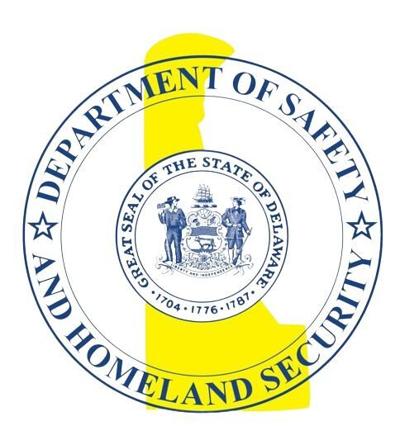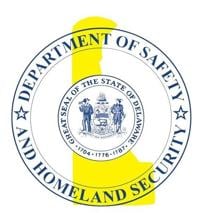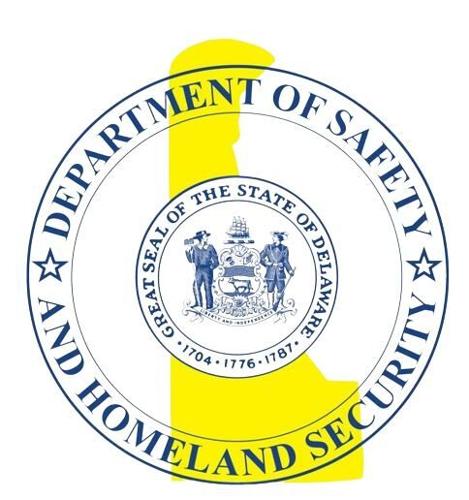DOVER, DE - The Delaware Department of Safety and Homeland Security (DSHS) will hold public listening sessions for the state's motor vehicle noise law.
DSHS will hold listening sessions surrounding House Bill 35, "as it develops standards and rules for a motor vehicle noise control program."
Session 1: January 22nd, at 1:00pm, at the DelDOT Administrative Building Conference Room (South), 800 S. Bay Road, Dover, DE 19901.
Session 2: January 29th, at 5:00pm, at the DelDOT Administrative Building Conference Room (South), 800 S. Bay Road, Dover, DE 19901.
There will also be virtual attendance available for sessions.
House Bill 35 was enacted in April 2023. DSHS says the act "amended Title 7 of the Delaware Code and directs DSHS, in cooperation with the Department of Natural Resources and Environmental Control and the Department of Transportation, to develop a comprehensive motor vehicle noise and abatement program."
State agencies will look at developments in technology, state and federal standards, and propose changes necessary to Delaware law. There will also be recommendations for changes in equipment and procedures, according to the state.
DSHS says they have two outcome goals to fulfill the purpose of HB 35:
- "Adopt regulations, after public hearing, establishing the standards, test procedures and instrumentation to be utilized in the control of noise from motor vehicles
- "Adopt regulations, after public hearing, necessary for the inspection of motor vehicles, including noise control and abatement equipment to assure compliance with the noise standards promulgated by the Department."
The law exempts farm vehicles and emergency sirens for firefighters and ambulances. State officials add that, "H.B. 35 also does not supersede previous or proposed ordinances or resolutions by any municipal or county governing body. It likewise does not limit a state board or agency from adopting more stringent regulations or standards. However, at such time that standards are formally adopted, the law provides for enforcement and potential fines of “not less than $25 or more than $1,000.”




